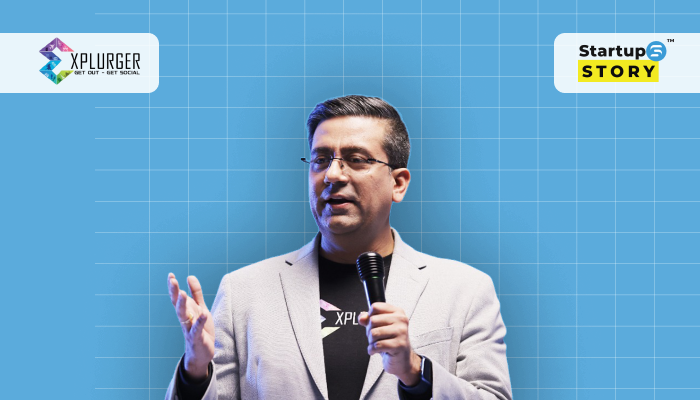Microsoft In Collaboration With SEEDS Launch 2nd Phase Of AI Model To Predict Heat Waves Risks In India
- ByStartupStory | July 27, 2021

Microsoft India in partnership with Sustainable Environment and Ecological Development Society (SEEDS) announced the launch of its second phase of an artificial intelligence model ‘Sunny Lives’ for predicting heatwave risks in India. Last year, the model was successfully tested for cyclones and floods in disaster prone coastal areas in the country. Microsoft said in a release, ‘Phase II begins with model development for heatwave risks in urban core heatwave zones.’ SEEDS will support 1,25,000 at-risk people with pre-emptive disaster warnings in 2021, it said. This AI model solution has been established under Microsoft’s global program ‘Artificial Intelligence for Humanitarian Action’ to build disaster resilient communities in India. The model uses high resolution satellite imagery, artificial intelligence coding and dwelling assessments building assessments to predict disaster impact.
The company said ‘intensifying climate change is increasing heatwave vulnerabilities in Core Heatwave Zones (CHZ) across India and globally, with an expected rise in the coming decades. However, the perception of risk related to heatwaves remains very low, it is largely considered as an outdoor phenomenon with no emphasis on risk advisory dissemination by the disaster response authorities. SEEDS utilizing the predictive analytics capabilities of the solution, scaled the model to generate heat waves advisories in 2021, supporting 50,000 at-risk families residing in Delhi and Nagpur by sharing pre-emptive heatwave warnings recommending cost-effective interventions, it added. It is a scalable model designed to generate predictive multi-hazard risk analysis set to include earthquakes, storms, forest fires, and biological disasters in the future.’

Microsoft India Director Corporate Affairs-CSR Manju Dhasmana said about the initiative, ‘Our partnership with SEEDS is one such effort to bring the power of technologies like cloud and AI to alleviate the damage by marshalling relief resources more efficiently and effectively.’ It can accelerate the delivery of aid and sharpen the decisions of relief workers on the front lines, he said. This year more than 7.5 million people in Odisha were affected by cyclone ‘Yaas’. SEEDS reached out to 1,100 families in Penthakata, Puri with the highest flood susceptibility to disseminate risk advisory generated through the ‘Sunny Lives’ model, ensuring timely evacuation from the vulnerable areas and providing refuge at safer places, he further added.









